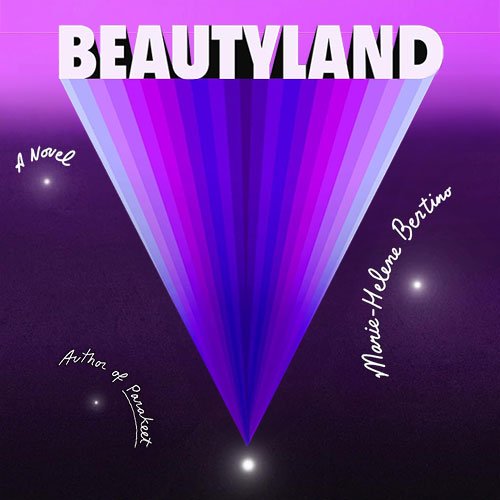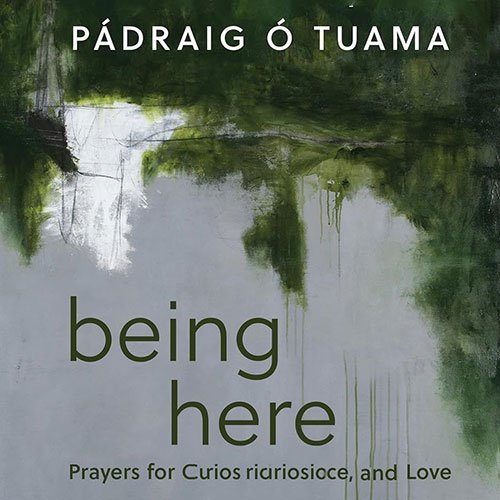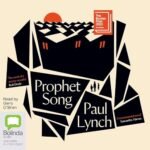Marie-Helene Bertino’s “Beautyland: A Novel” is a fascinating and multidimensional novel that dives deeply into issues of alienation, identity, and the intricacies of the human experience.
The story revolves around Adina Giorno, an extraterrestrial sent from Planet Cricket Rice to Earth on a mission to investigate and report on human life. Her physical and metaphorical trip provides a unique prism through which the author investigates numerous facets of human society and psychology.
Adina is born in Philadelphia in 1977, just as Voyager 1 is launched, and her existence on Earth is defined by her alien origin and the purpose entrusted upon her. Her early childhood is marked by a deep awareness of her differences from those around her, a sensation that pervades her subsequent encounters. This sense of being an outsider, of looking in from afar, is a recurring subject in the work.
Adina’s experiences get more sophisticated as she grows older. She makes her way through high school, where she is bullied, and college, where she tries with drugs and struggles with her identity. Her views, which she relays to her superiors on Planet Cricket Rice, vary from profound insights into human behavior to humorous and occasionally poor reflections on daily life. These interactions are a mix of levity and profundity, highlighting her role as both a participant and spectator of human existence.
“Beautyland” has been praised by critics for its unique approach to narrative. The work is praised by Publishers Weekly for its witty indictment of contemporary standards as viewed through the eyes of an extraterrestrial. Bertino’s dual viewpoint works as both a literal and metaphorical method, allowing him to examine the subtleties of human society and individual experiences in an original way. The story is recognized for its combination of fact and metaphor, with Adina’s alien nature used to explore larger issues of existence, alienation, and the need for belonging.
The novel’s turning point occurs when Adina’s close friend Toni pushes her to share her views with the rest of the world. This moment brings to light Adina’s core question: is she truly alone in her experiences, or do others share her sense of separation from the world around them? The story progresses from a straightforward account of an alien observer to a deep examination of what it means to feel out of place in one’s own environment.
“Beautyland” is much more than a story about an alien observer; it is a deep reflection on the human condition. The themes of alienation and belonging are universal, resonating with readers from all walks of life. Bertino’s skill in weaving these themes into a compelling narrative has been noted by critics and readers alike. The book’s strength lies in its ability to connect with readers on a fundamental level, exploring the universal experiences of feeling different and searching for a place in the world.
In conclusion: Marie-Helene Bertino has written an interesting and perceptive work. “Beautyland” distinguishes out not just for its inventive idea, but also for its profound and moving views on life. Adina Giorno’s narrative is a remarkable metaphor for the human experience, embodying feelings of alienation, identity crisis, and the human spirit’s eternal tenacity. Bertino’s storytelling talent and ability to connect with significant subjects via a narrative that is both amusing and thought-provoking are on display throughout the novel.
Sources: Bookbrowse, Bookreporter, Publishersweekly









